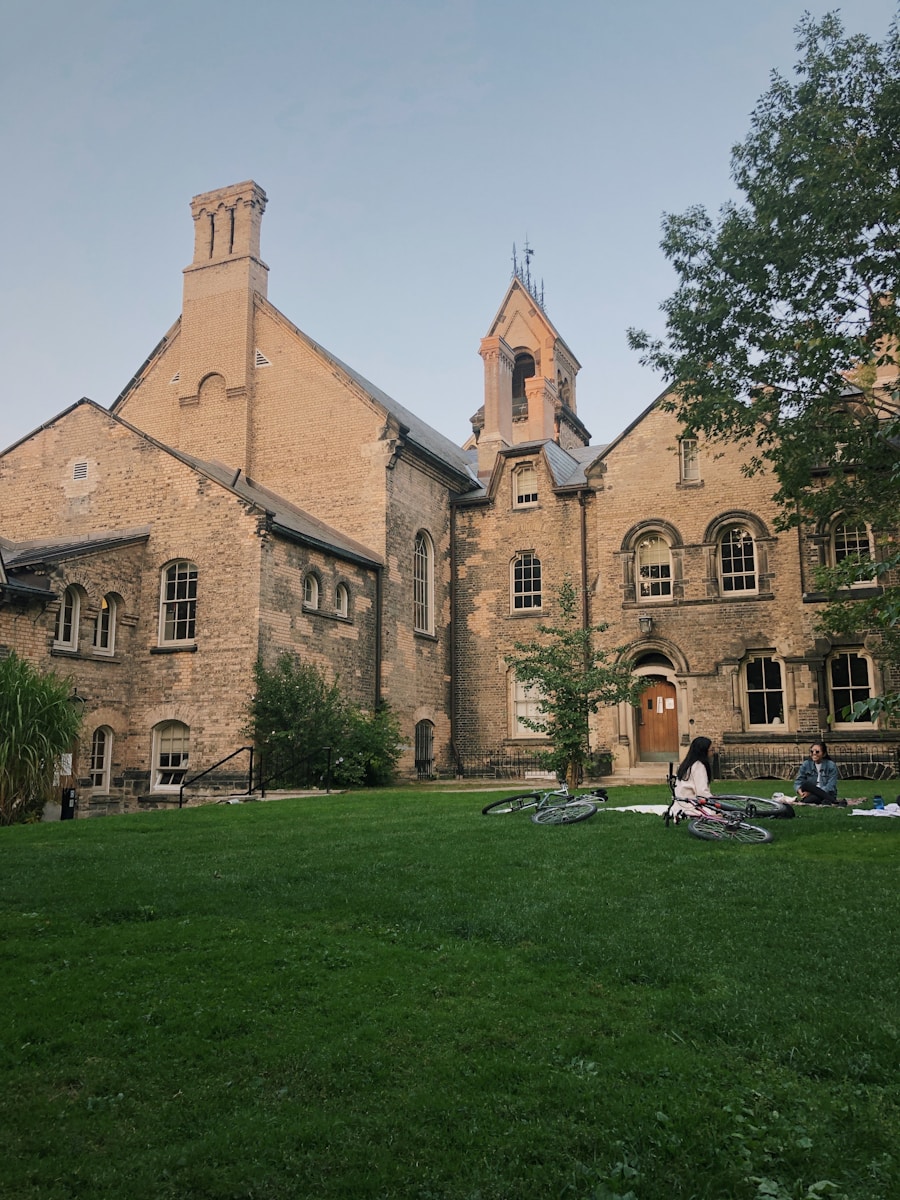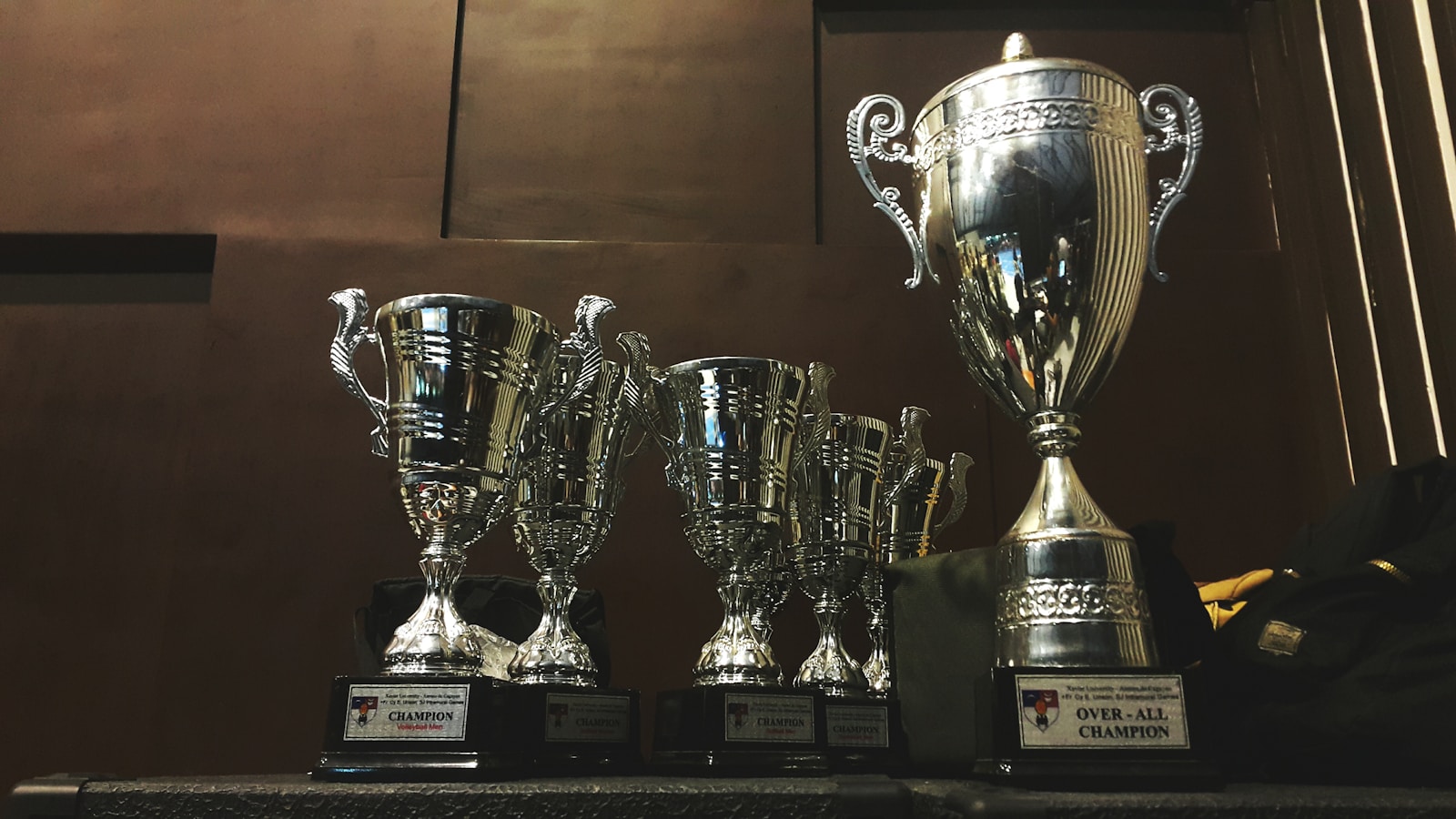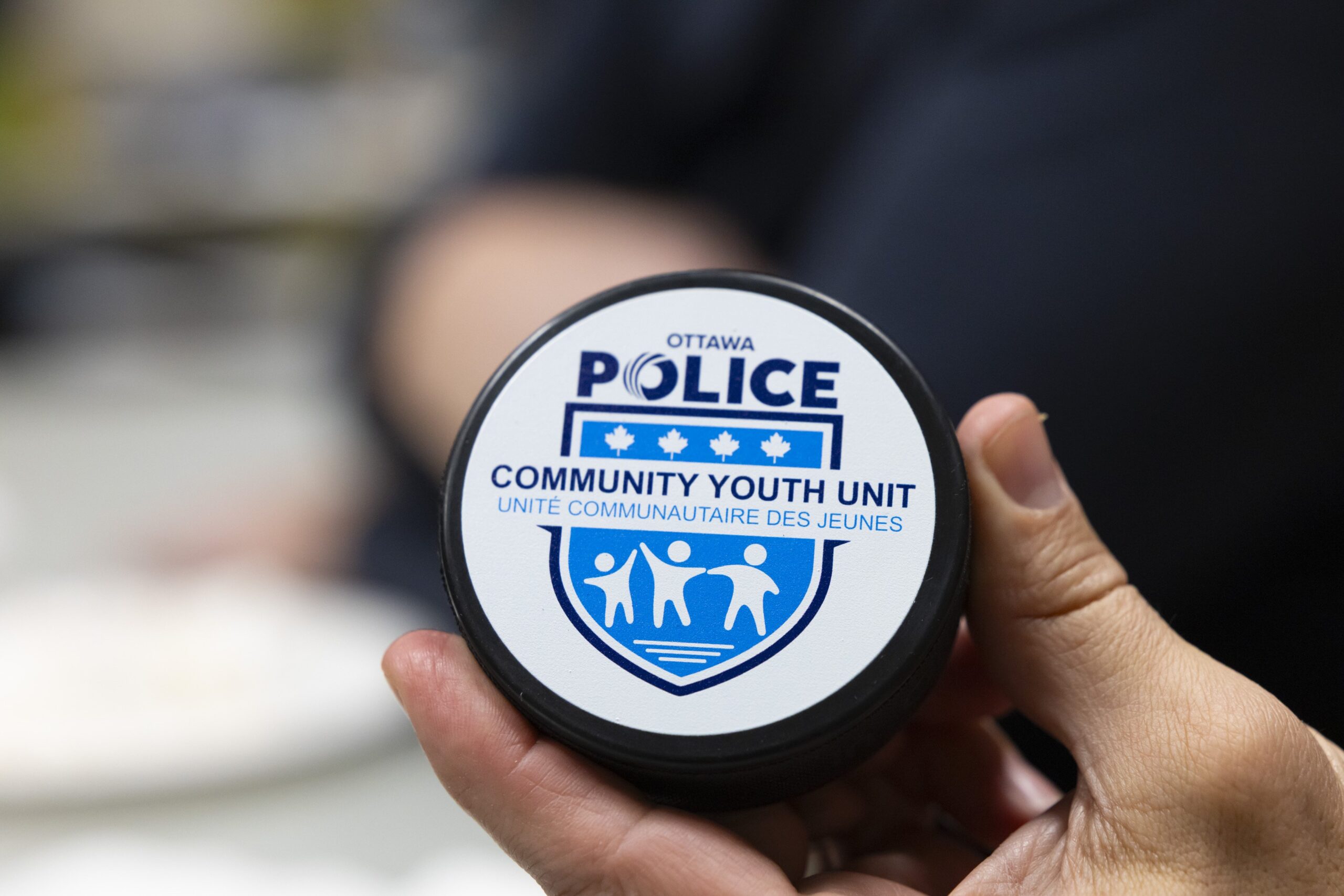May marks Sexual Violence Prevention Month — a time not only to raise awareness but to foster real change by educating our community and building bridges of trust.
For the Community Youth Unit (CYU) of the Ottawa Police Service (OPS), this month highlights the crucial work being done year-round to prevent sexual violence among youth before it starts.
“We reached out to officers [in relation to Sexual Violence Prevention Month] as we knew one of them had built enough trust with a student that they felt safe to come forward about abuse that was happening in their life,” explained Acting Sergeant Cavicchioli of the CYU. “But what we saw was multiple officers coming forward saying, ‘This happened to me, a student came forward to me,’ and it really showed the impact these officers are having.”
Many young people don’t have the tools to recognize early signs of abusive behaviour and don’t have the confidence to speak up. Far too many remain silent.
“It’s important to do youth talks and educate them, so they know what classifies as criminal and what the red flags are,” explained Acting Sergeant Cavicchioli. “Sometimes, youth don’t even realize what’s happening to them is wrong — that it’s a crime.”
That’s why education is at the heart of the CYU’s mission. The school-based officers work with the school boards, the school staff and are youth-focused, with the goal of providing youth talks and presentations to teach them about sexual violence prevention.
But education alone isn’t enough. Building trust is essential for youth to feel safe enough to disclose abuse or report concerns.
“Youth do not build trust the same way adults do,” said Cavicchioli. “As adults, I can build trust with you in one conversation, but with teenagers, it takes time. It takes many positive encounters and rapport building.”
CYU officers understand that rapport is built slowly, through consistency, presence, and empathy. “Adults have coping mechanisms for stress. They know who to go to, they have trusted people in their lives, and they know what their ‘happy places’ are,” he said. “Youth often don’t have that yet. They’re still developing those coping skills, and many don’t have anyone to go to.”
CYU officers may be the first adults outside someone’s family they feel they can talk to — especially if they lack a strong support network or are high-risk for being victimized.
That’s why proactive presence in schools is key.
“We know where youth are — mostly between the hours of eight and four, Monday to Friday, year-round,” Sgt. Cavicchioli noted. “So having youth officers tasked with proactive visits and presence is a great way to build those relationships.”
But what does that look like? CYU officers are not patrolling the halls or intervening in classrooms, rather, they are playing sports with youth, getting them lunch if they are hungry and don’t have the means to purchase food, and they are showing up for them like a trusted mentor or school counselor would.
The CYU uses evidence-based strategies to identify communities where youth are more vulnerable to becoming victims of violence, and they commit to being consistently present in those areas.
Sometimes, that presence results in a young person coming forward — something that takes immense courage.
For the CYU, that’s what this work is about: preventing harm, supporting victims, and helping youth feel safe and empowered.
By prioritizing education, presence, and trust-building, the CYU is working to ensure that no young person feels alone — and that every young person knows that OPS is there to help them.











